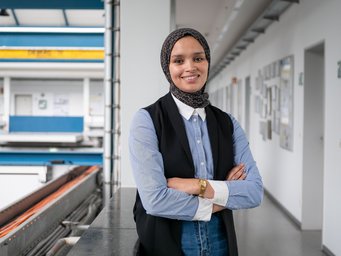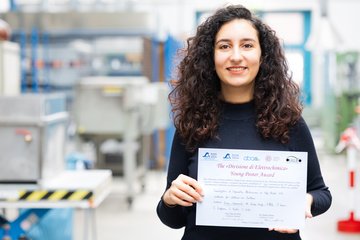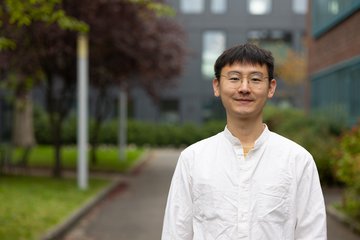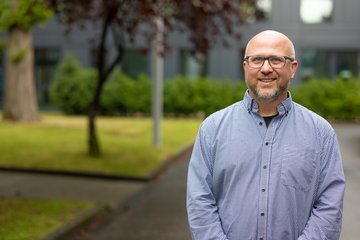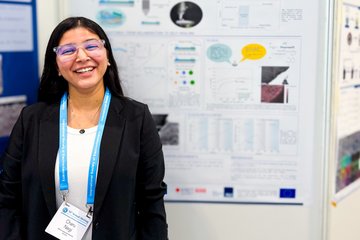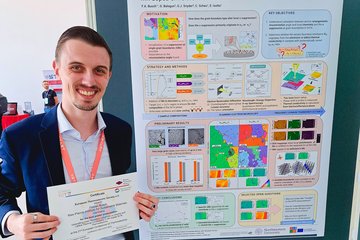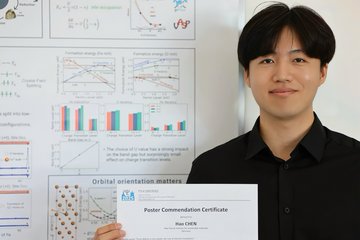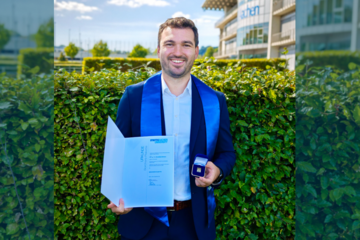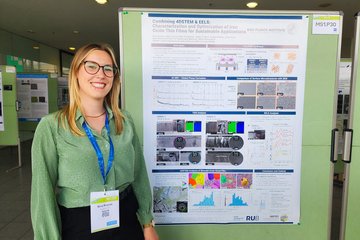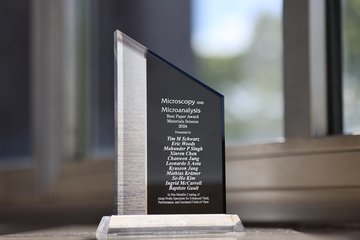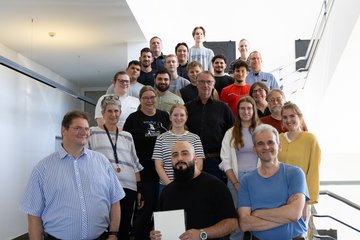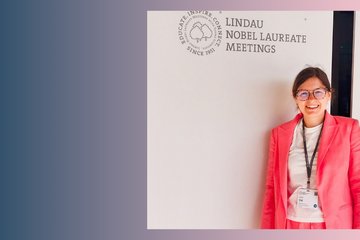Turning waste into battery materials
Professor Zineb Kassab wins Max Planck Africa Mobility Grant and joins the Max Planck Institute for Sustainable Materials
Professor Zineb Kassab, a materials scientist at Mohammed VI Polytechnic University in Morocco, has been awarded a Max Planck Africa Mobility Grant from the Max Planck Society. This grant supports her research stay at the Max Planck Institute for Sustainable Materials (MPI SusMat) in Germany, fostering her collaboration with Professor Christina Scheu, head of the “Nanoanalytics and Interfaces” group. Their goal is to develop anode materials for sodium-ion batteries made from agricultural waste biomass.
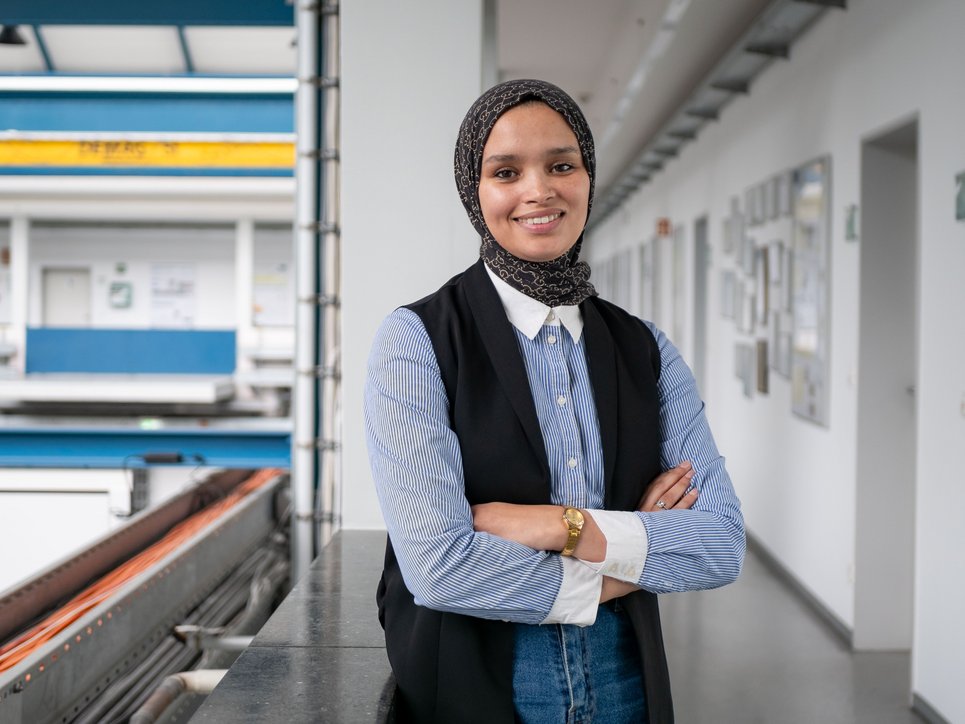
In Morocco, more than 60 million tons of biomass and organic waste, with various dry matter contents, are produced every year. These come from three sources: agriculture, forestry, and agro-industry. “We want to use this under-valorized biomass and waste to produce hard carbon material, which can be used as an anode material for sodium-ion batteries,” Kassab explains. “These batteries are a promising alternative to lithium-ion batteries but currently rely on fossil fuel-derived hard carbon, making them unsustainable.” The new collaboration with MPI SusMat aims to characterize the structure of the newly designed hard carbon materials using transmission electron microscopy. By understanding what happens on the atomic scale, the scientists aim to fine-tune the structure and properties to ensure that the sustainable hard carbon performs as efficiently as the fossil-fuel-derived one.
Future collaborations may also explore synthesizing graphite from biomass, another key material for energy applications, as this innovative process is not limited to hard carbon.
The Max Planck Africa Mobility Grants aim to provide African scientists with opportunities to collaborate with Max Planck institutes, accessing advanced research infrastructure and training. Both the African scientists and their Max Planck collaborators benefit from the scientific exchange and networking opportunities these grants facilitate.
